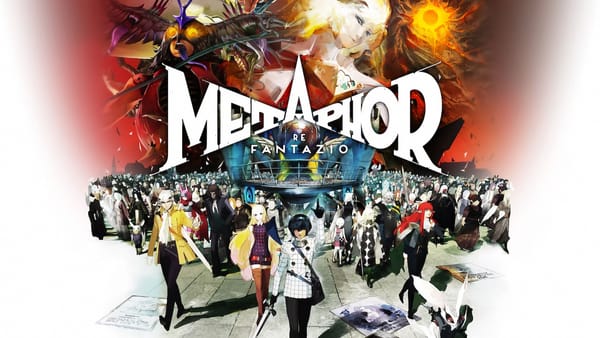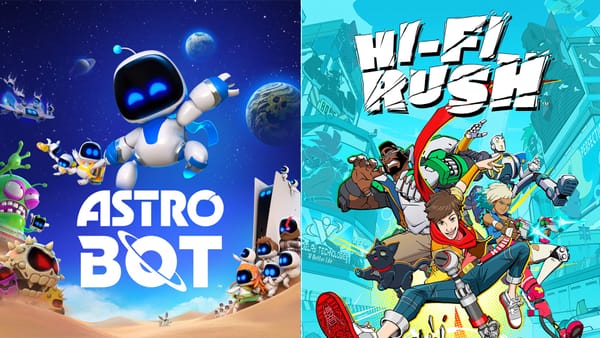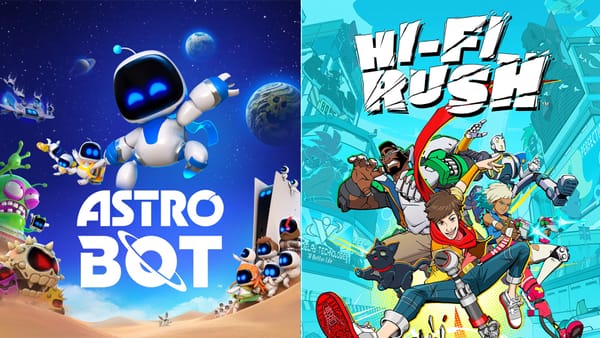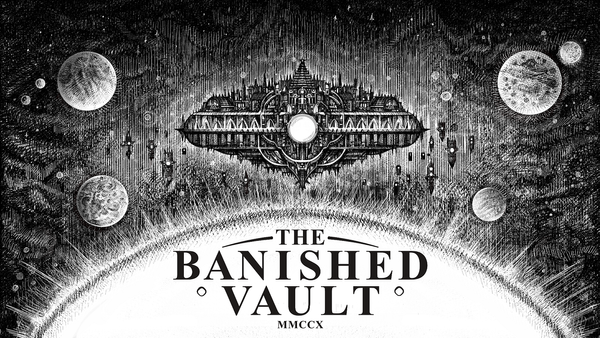Cuphead and the static eternity of a single page
I'm going somewhere with this, I promise
It’s a sugary thing, Cuphead. Like eating dessert first, there’s something illicitly pleasurable about it, if not entirely satisfying. It’s got that punch of sweet, for sure. That quick hit of good. Every level left me hungry, though. But for what?
Cuphead is a hard game. I like hard games. Thus, I like Cuphead, right?
Right?
I mean, I played two-thirds of it. And it wasn’t easy to play two-thirds of it! I thought maybe my indifference toward it was because Cuphead made me feel older than any game has in a while. It’s nails-tough and honestly hard to look at for too long.1 I was well on my way to beating it, probably, having finally figured out the rhythm of the double jump which doubles as a parry. I could see pink projectiles coming a mile away. I’d learned to unclench my jaw so that I could play for more than thirty minutes at a time. But then I started Chicory: A Colorful Tale, beat it, and when I thought about going back to Cuphead, I just didn’t want to.
Besides being old, this feeling could also be explained away with the fatigue that difficult games give off. They are intimidating experiences by nature. Returning to a game like Cuphead after putting it down can be like picking up a long novel you started years ago and expecting to pick up right where you left off. Possible, yes. But with this crusty brain? Not likely.
Still, I don’t think that was it either. As I thought back on what I’d been feeling while playing the game and why it never quite clocked as fun for me, I came to the conclusion that I don’t actually like hard games. I like hard worlds.
One of my favorite games of late is Sekiro: Shadows Die Twice. When I first started it, I could not for the life of me master the parrying mechanic you are expected to master. Still, I kept at it, and by the end of the game, I felt a real sense of accomplishment. I was good at this now. I started feeling that way about Cuphead, too. The dragon boss in particular was handing my ass back to me, regularly and with gusto. But when I finally beat it, I felt sure of two things: one, that I could probably beat it again in quick succession, and two, that I really didn’t care to. Thing is, it wasn’t the dragon’s fault. It was the world’s.
Turns out, I need an overworld. If you’re going to throw painful experience after painful experience my way, the least you can do is let me sightsee. Until Cuphead, I hadn’t realized just how much traversal meant to my experience of these kinds of nail-biters. For every Owl (Father), there was an entire Hirata Estate to explore. For every Sister Friede, an Ariandel. Moving through these areas is like turning the pages of a book: you can see where you’ve been and how far that’s left to go. Cuphead by contrast felt like an ebook. You beat the very hard thing and then you’re right back where you ever were. The few novels I tried to read in an ebook format never worked for me, because no matter the pagination animations, I always felt trapped in the static eternity of a single page. Nowhere to turn. Nowhere to go. And that’s what it felt like to beat a Cuphead boss. It’s hard, then it’s over, and then you’re right there where you always were.
I’m happy I put Cuphead down. I’m sure it’s for someone,2 but I don’t find it satisfying. I want to turn the page, and so I will.
And not just because the game draws its aesthetic from a historical style rooted in minstrelsy, as has been explored in several excellent essays, but also because holy shit is there a lot happening onscreen. ↩
There’s going to be a Netflix series in a month, after all. ↩





